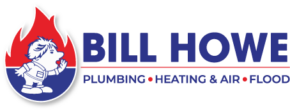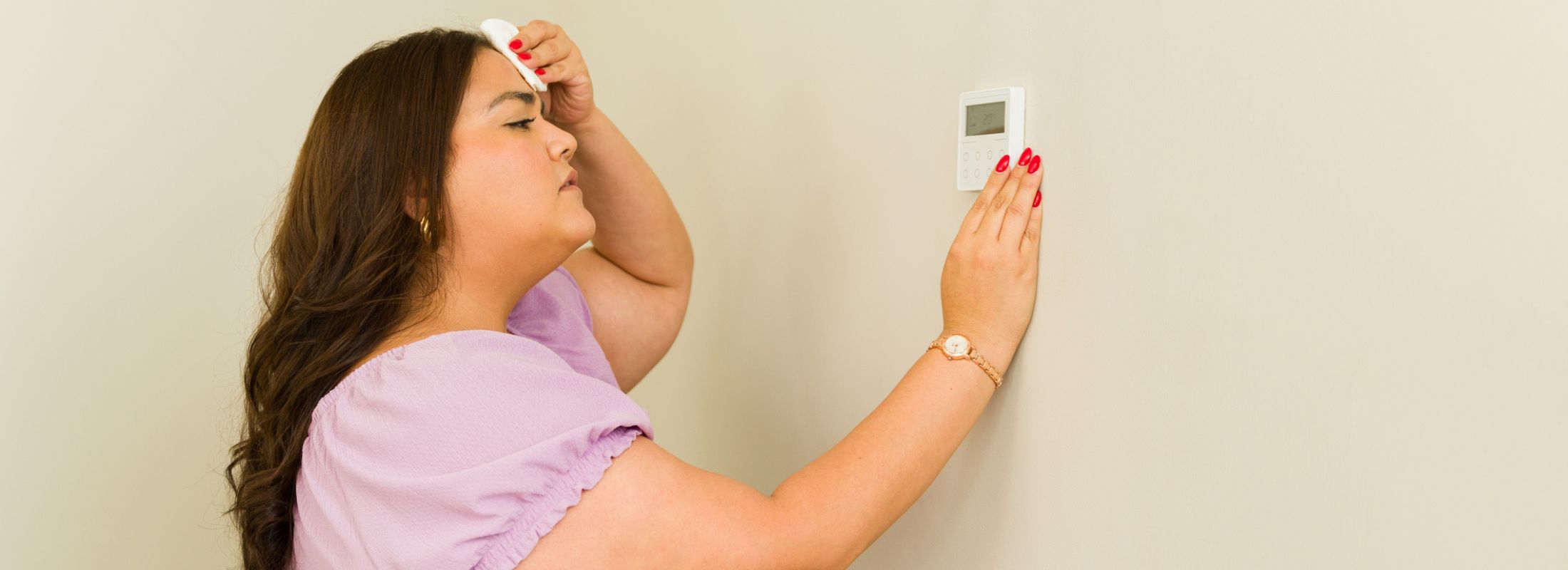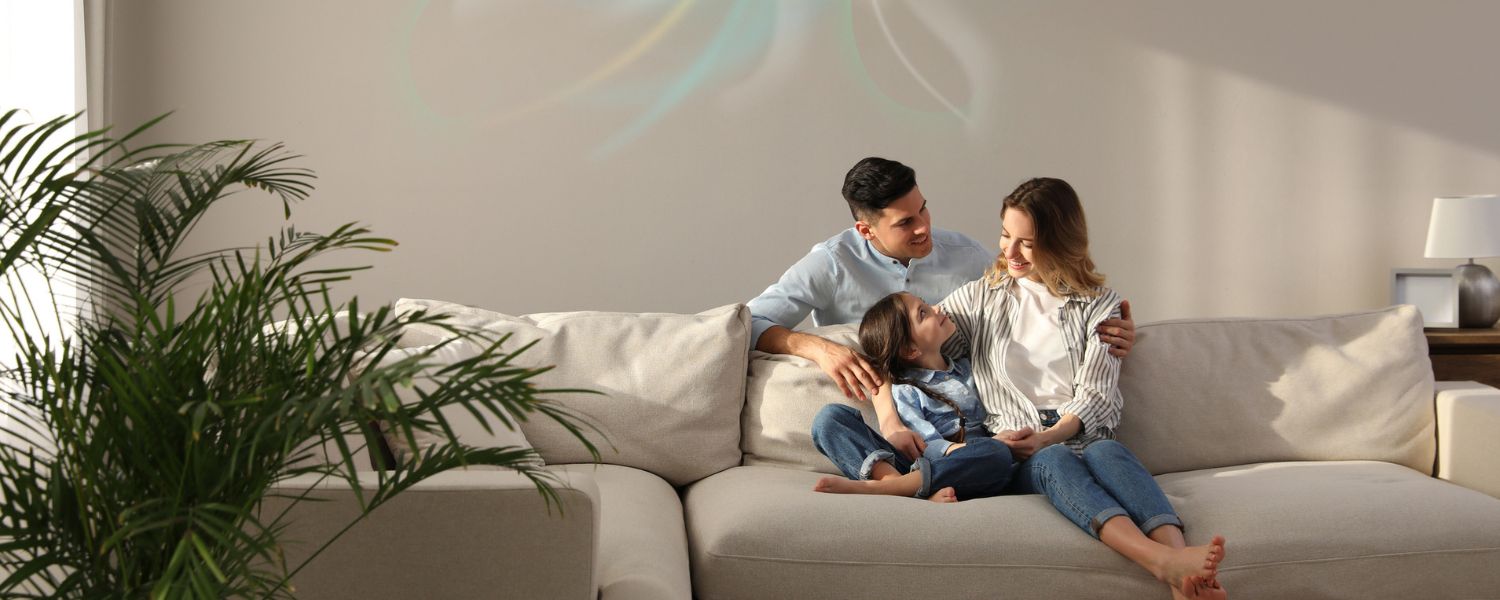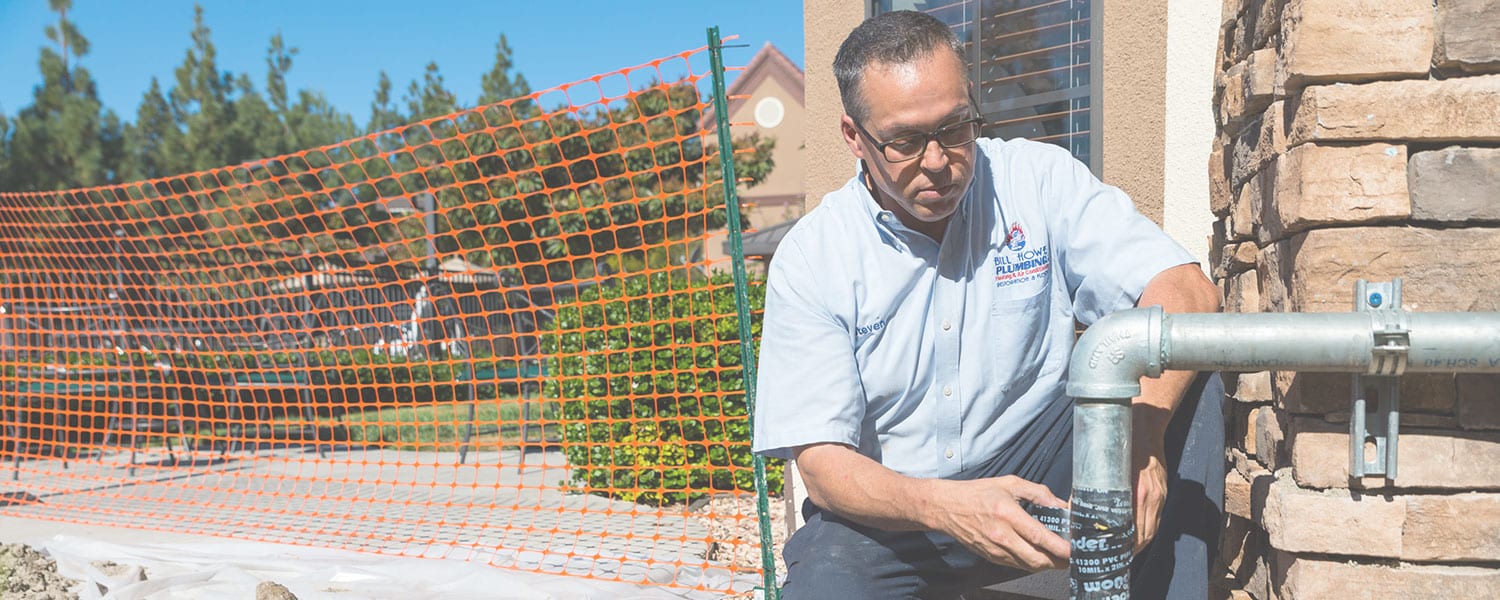The filter for your home air conditioning system is often overlooked but is one of the most important components of running the A/C efficiently and keeping particles from circulating in your home.
・The basic rule for changing and cleaning filters is twice per year, once in the Spring prior to the hot Summer months and once in the Fall before the temperature dips and homeowners begin running their furnace to stay warm and cozy.
・No matter the type, or MERV rating, A/C filters should be changed often.
・However, before deciding how often a homeowner should change an AC filter, it is important to know exactly how air conditioning works and where the filter comes into play.
Are All Filters Created Equal?
No, filters come in a variety of sizes and types for HVAC systems, which is why it is important for you to know what kind of air filter replacement your system needs. The heating and air conditioning system also use the same filter for most setups. So, when speaking about filters, they are usually interchangeable. Filters are typically classified by type and the MERV Rating. Before discussing MERV ratings, let’s talk about types of AC unit filters.
Types of Heating & A/C filters
Disposable Filters
Disposable filters are the most inexpensive type of filter and are only good to use once. These filters are typically made of fiberglass or polyester mesh, have a lower MERV rating, and their use is geared more towards protecting the HVAC system rather than providing clear air.
Reusable Filters
Reusable filters are also made of fiberglass or polyester mesh; reusable filters are good because they can be reused (as the name suggests). When changing the filter, simply remove the reusable filter and wash them with a hose. Once dry, they can go back in the system. Like disposable filters, reusable filters don’t always have a high MERV rating and protect the system more than filtering the air.
Pleated Filters
Pleated filters are made up of fiberglass, polyester, and/or synthetic materials folded into pleats. By folding the material into pleats, the surface area is increased and allows for removal of more contaminants.
Pleated filters come in higher MERV ratings, usually 13-16 and can remove 45-85 percent of airborne particles.
Pleated filters can be used in a variety of HVAC systems, but can be restrictive for some. Pleated filters provide higher air quality improvements over disposable and reusable filters while still being relatively affordable.
Electrostatic Filters
Electrostatic filters are electrically charged which attracts particles as they pass through the filter. They outperform reusable, disposable, and standard pleated filters with a much higher air quality. Electrostatic filters come in MERV ratings up to 15 but are not compatible with all systems.
HEPA Filters
HEPA filters are the best for increasing air quality in the home. HEPA filters range from 17-20 MERV ratings and remove approximately 99 percent of air contaminants. HEPA filters do require a higher pressure to force air through the filter material which renders them too restrictive for most HVAC systems unless they are specifically designed for the system. HEPA filters are also the most expensive type of filter.
What About MERV Ratings?
MERV ratings stand for Minimum Efficiency Reporting Value and indicate the effectiveness of an arrestance, or the ability of the filter to remove synthetic dust and contaminants from the air. MERV ratings range from a MERV rating of a 1 and go to 20.
MERV 1-4
Most disposable and reusable filters have a rating of 1-4. Filters with a MERV 1-4 rating are about 20 percent efficient at removing dust from the air. They also range from 65-75 percent efficiency at removing synthetic dust and materials from the air such as carpet fibers, spray paint dust, dust mites, and pollen with the particles are less than 10 pm in size.
The typical application for MERV 1-4 rated filters is residential and in window air conditioning units.
MERV 5-8
The next level up in MERV ratings is anywhere between 0 and 35 percent efficient at removing dust particles from the air.
Depending on the type of filter, these rated filters can be anywhere from 80-90 percent efficient at removing other particles from the air such as cement dust, dusting aids, and mold spores.
Some commercial buildings, industrial workspaces, and residential applications use filters rated from 5-8.
MERV 9-12
At the higher level of ratings, these filters can successfully remove dust particles from 40-75 percent. They also control contaminants such as auto emissions, lead dust, legionella, and humidifier dust.
Hospital laboratories, higher residential units, higher-end commercial buildings, and superior residential homes use filters between 9-16.
MERV 13-16
These are the second highest rated MERV filters and are successful 90 percent of the time at removing dust particles. They also remove bacteria, most tobacco smoke, and germs from the air.
Many hospital inpatient care centers, general surgery, and superior commercial building swill use filters at this level or higher. However, many residential homeowners choose filters with high MERV ratings.
MERV 17-20
The highest rated MERV filters are able to remove contaminants less than .30 in particle size. Clean rooms, pharmaceutical manufacturing facilities, buildings with radioactive materials and/or carcinogenic materials are required to have the highest level of MERV ratings.
Residential use is not typical.
They are especially helpful for homeowners with allergies or illnesses.
When replacing the filter, be sure to get the correct size. If the filter is crushed or forced into the system, it may not work as expected, making the air conditioner work harder.
What if You Have Pets?
If homeowners have a pet, or multiple pets, changing the A/C filters more often is recommended. Pet hair and dander can float around and circulate through the air. However, more importantly, pet hair can clog up the filter.
When the A/C filter is clogged, the air conditioner has to work harder to circulate the air and can cause it to not cool, or worse if left for long periods of time.
A great way to remember when it is time to change your filters and keep them clean on a regular basis is during the time change. When you Spring forward, change your filter, Fall Back? Change your filter.
Pro Tip: When changing A/C filters, it’s a great time to check the batteries in the home’s smoke detectors.
If homeowners want to upgrade their filter or are unsure of how their home air conditioning filter is performing, call the experts at Bill Howe. Call 1-800 BILL HOWE (245-5469) today for a free estimate.




